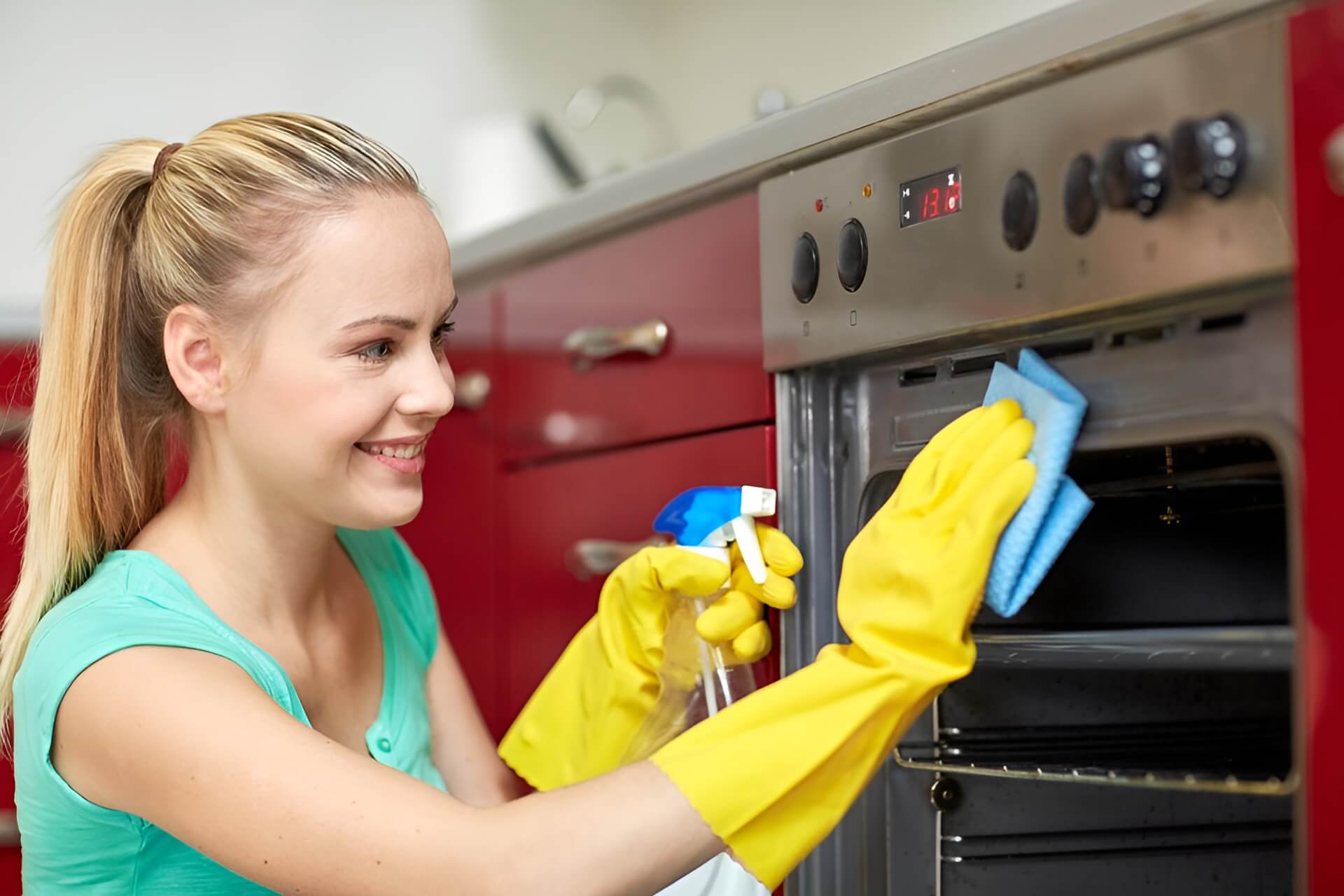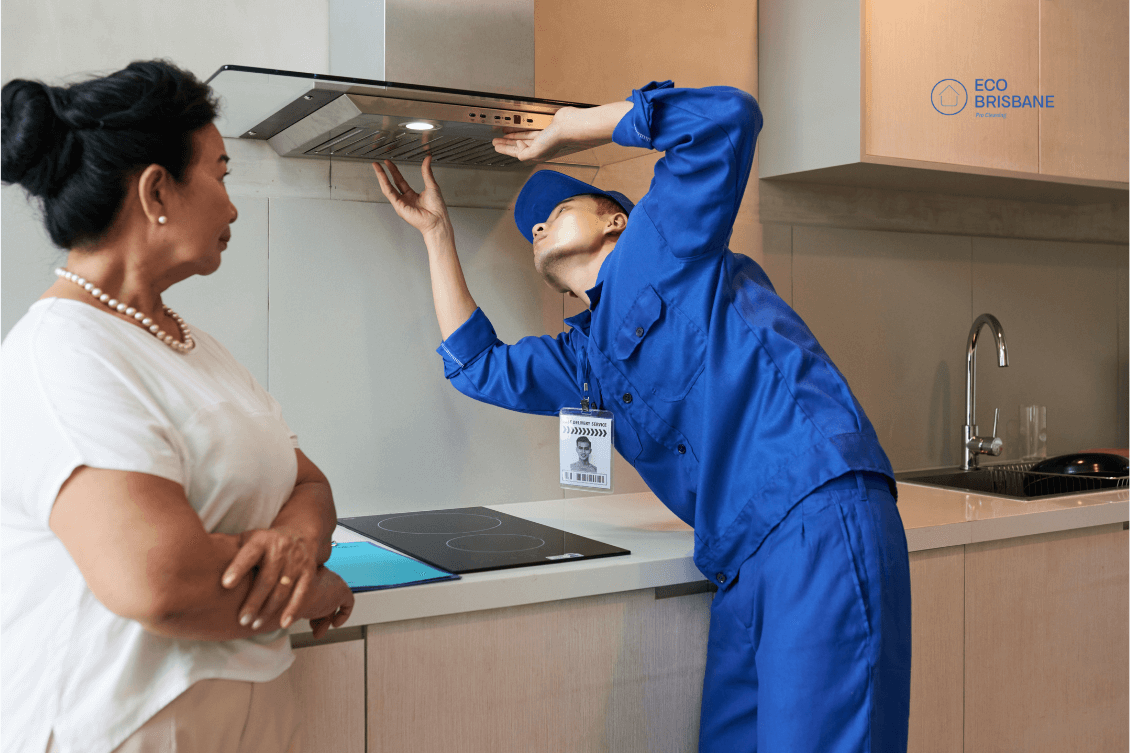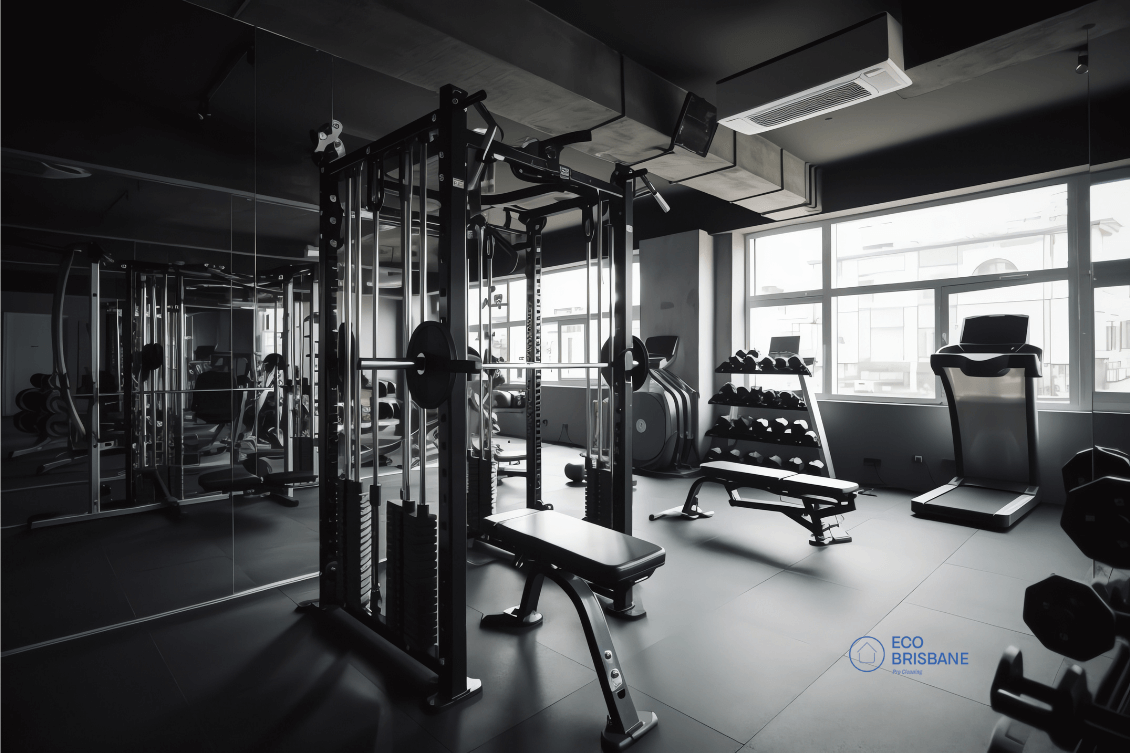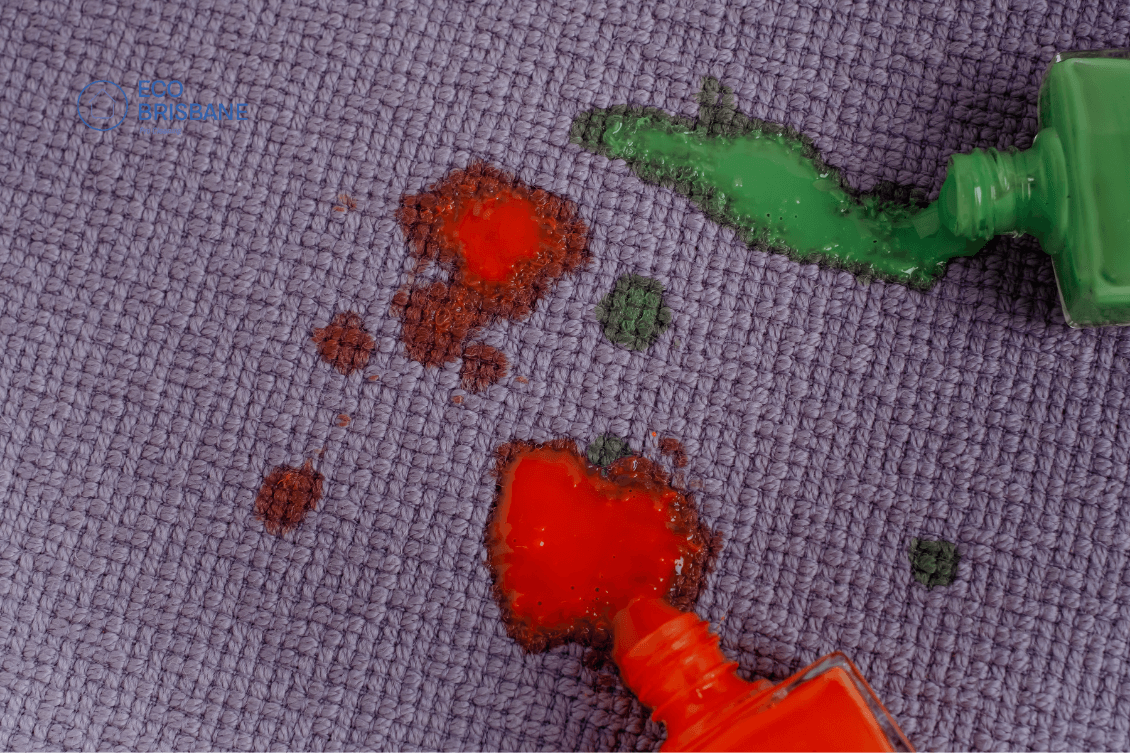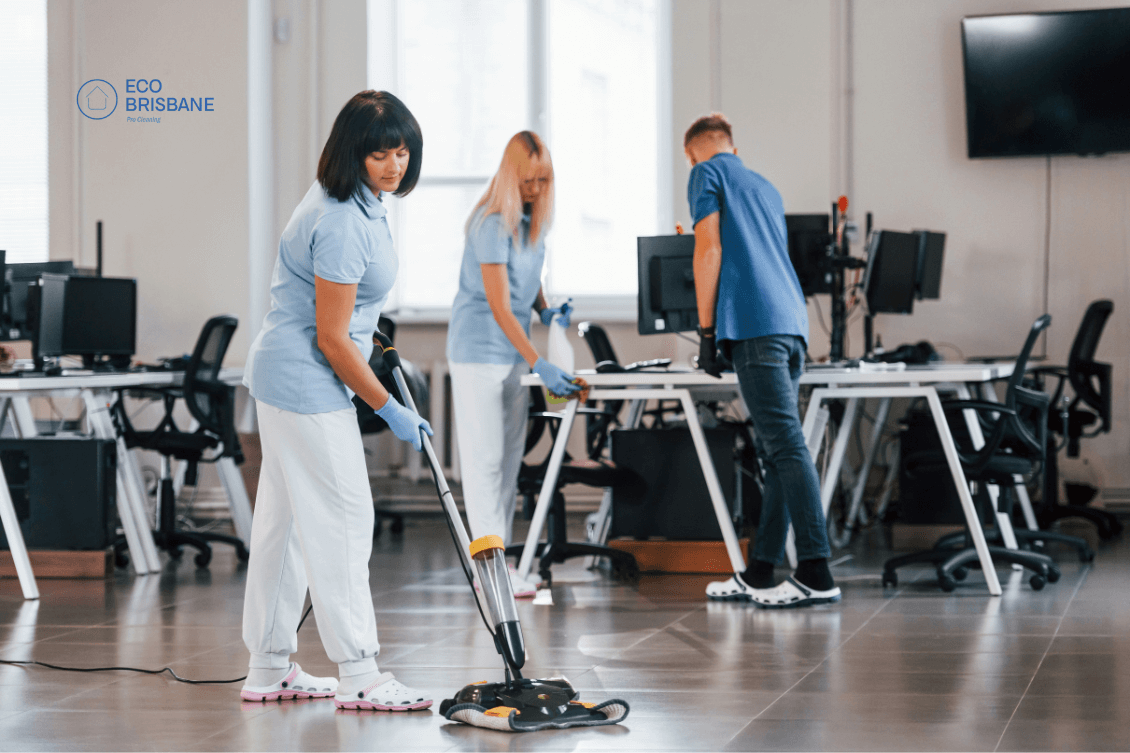Maintaining a clean and safe commercial kitchen is paramount for any food service establishment. A critical component of this maintenance is the professional cleaning of the kitchen exhaust system. This article provides a comprehensive, step-by-step guide to the process involved in professional kitchen exhaust cleaning.
The Importance of Regular Exhaust Cleaning
Kitchen exhaust systems play a crucial role in removing smoke, heat, and grease from cooking areas. Over time, grease and other debris accumulate within these systems, posing fire hazards and reducing air quality. Regular professional cleaning not only ensures compliance with health and safety regulations but also extends the lifespan of the exhaust system.
Pre-Cleaning Assessment
- Initial Inspection: Before the cleaning process begins, a thorough inspection of the kitchen exhaust system is conducted. This inspection helps in identifying any existing damage or blockages and assessing the level of grease buildup.
- Determining the Cleaning Scope: Based on the inspection, cleaning technicians outline the areas that require cleaning, which typically includes the hood, filters, ductwork, and exhaust fans.
Cleaning Process
- Preparation: The area around the exhaust system is covered with plastic sheeting to protect kitchen equipment and surfaces from grease and cleaning agents.
- Hood and Filter Cleaning: The hood is scrubbed using degreasers and high-pressure hoses. Removable filters are soaked in a degreasing solution, then rinsed and dried.
- Ductwork Cleaning: Specialised tools and brushes are used to clean the interior of the ductwork. Technicians ensure that all grease and residues are thoroughly removed.
- Fan and Motor Cleaning: The exhaust fan and motor are dismantled and cleaned separately. This step is crucial as these components accumulate significant grease and dust.
- Final Inspection and Testing: After cleaning, a final inspection is conducted to ensure that all components are clean and functioning correctly. The system is then tested for proper operation.
Frequency of Cleaning
The frequency of professional kitchen exhaust cleaning varies based on kitchen usage and local regulations. Generally, high-volume cooking establishments require more frequent cleaning compared to those with lower cooking volumes. Regular cleaning not only maintains safety standards but also ensures efficient system performance.
Post-Cleaning Documentation
- Certification of Compliance: Upon completion of the cleaning, the service provider issues a certificate of compliance. This certificate indicates that the kitchen exhaust system has been cleaned in accordance with the relevant standards and regulations.
- Reporting: A detailed report outlining the cleaning process, any repairs made, and recommendations for future maintenance is provided to the kitchen manager or owner.
Conclusion
Professional kitchen exhaust cleaning is a crucial aspect of maintaining a safe and efficient commercial kitchen. By following this step-by-step guide, restaurant owners and managers can ensure that their exhaust systems are properly maintained, reducing fire risks and improving air quality.
FAQs
1. How long does a professional kitchen exhaust cleaning take?
The duration of cleaning depends on the size and condition of the exhaust system. Typically, it can take anywhere from a few hours to an entire day.
2. Can I clean my kitchen exhaust system myself?
While basic maintenance can be performed in-house, professional cleaning requires specialised equipment and expertise, especially for comprehensive cleaning of ducts and fans.
3. What are the signs that my kitchen exhaust needs professional cleaning?
Indicators include visible grease buildup, reduced exhaust efficiency, and unusual noises from the exhaust fan. Regular inspections can also help identify when cleaning is needed.
4. Does professional exhaust cleaning improve energy efficiency?
Yes, a clean exhaust system runs more efficiently, which can lead to energy savings and improved performance of kitchen equipment.
